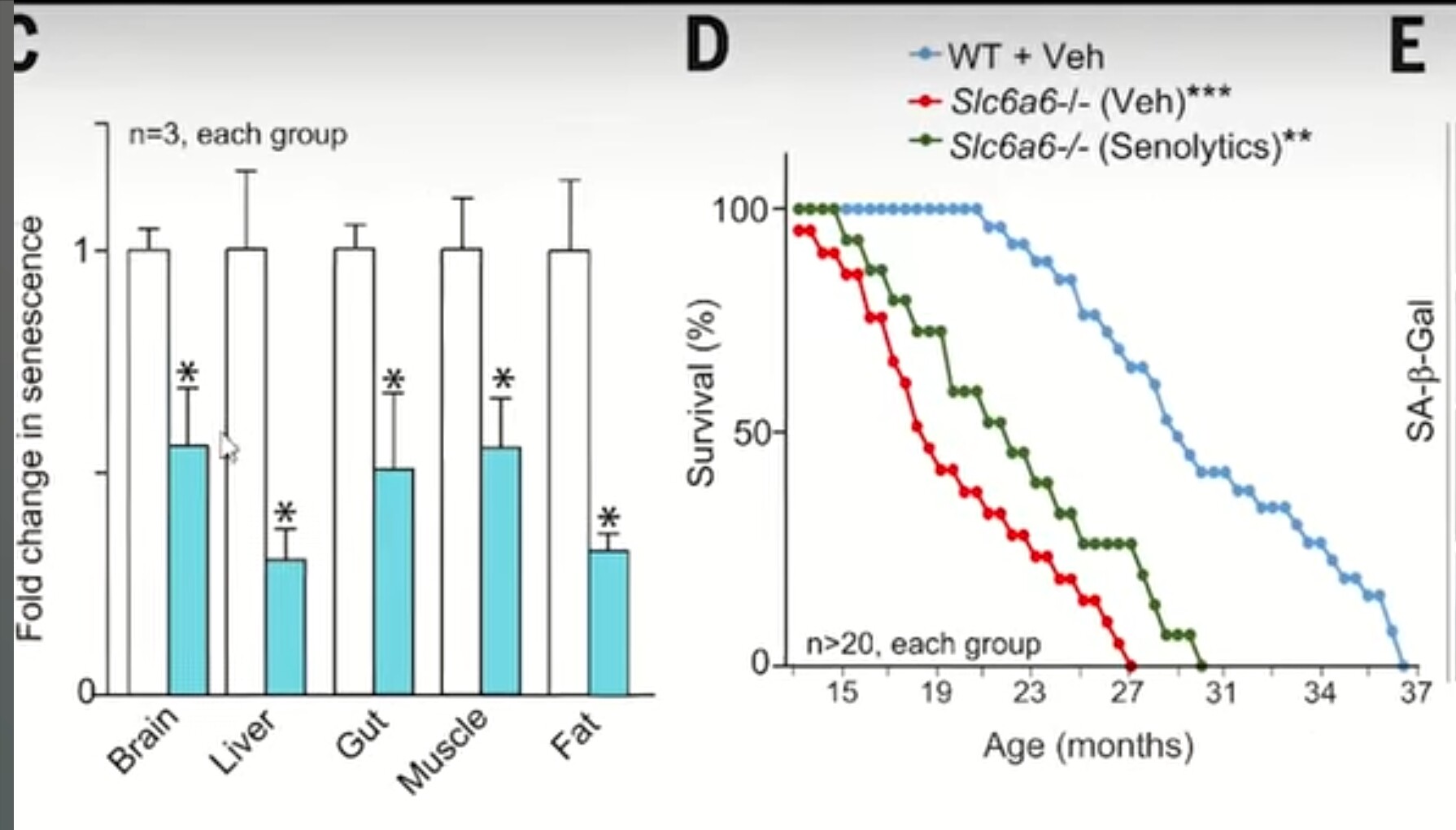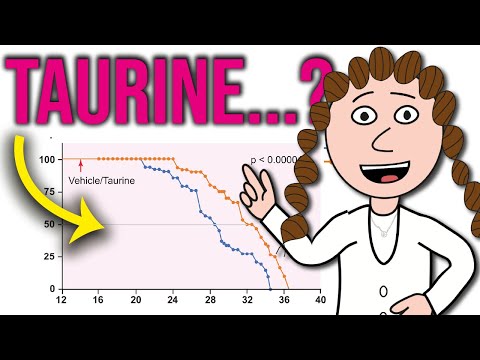There is evidence that there is no benefit.
My HDL increased by 20 points after 4 weeks of rapamycin. It was the only big mover.
You were right. Apparently, there is no scientific evidence that creatine timing is important.
Though reading the paper, maybe I need to up my dose from 5 grams to 7 grams, maybe more.
A Youtube video pointed me to this paper. “https://www.youtube.com/watch?v=2R2UfVswVdc&t=24s” This guy is using his channel mainly to promote supplements
“After 12 weeks of supplementation and training, there was a significant increase in upper-body muscular power (assessed by medicine ball throw distance) and lower-body strength (assessed by 1-repetition maximum squat), with no differences between creatine ingestion strategies”
“To conclude, the current body of research does not support timed creatine supplementation prescription in relation to long(er) term training or in combination with other ingredients.”
I’ve been taking cocoa daily in my oatmeal every morning for breakfast. My HDL has not moved an inch. My LDL has gone up though due to Rapa.
Interesting to see a logic mis-step here from Peter Attia:
“This leaves us with three (non-mutually exclusive) possible reasons for the apparent decline with age: 1) a reduction in dietary intake; 2) a reduction in rates of intestinal absorption of taurine from food; or 3) an increase in the rate of taurine excretion. No nutritional data have ever indicated that people consume less meat and seafood at age 60 than they do as kids, so we can exclude possibility #1. Possibility #2 would suggest that we need to consume more taurine as adults than we do as children in order to absorb the same amount, which in turn might mean that supplementation would boost circulating levels and help mitigate their age-related decline. Possibility #3, on the other hand, would mean that supplementation would have very little effect on circulating taurine.”
Just because age leads to an increase in Taurine excretion, there’s no logical conclusion that supplementation would have very little effect on circulating taurine. The two don’t necessarily follow at all.
Age does tend to increased GBM permeability, but that doesn’t mean supplementation won’t increase circulating levels. It’s perfectly possible that supplementation will increase both circulating levels and excretion.
Studies in humans show taurine is beneficial for congestive heart failure. I can’t see how this could possibly be the case if all the taurine were excreted.
Thought this was an excellent article explaining why the positive clinical results of Taurine supplementation on Mice and Monkeys may not translate in a similar positive way to humans. But as the side effects are benign, I take the risk that I am simply creating expensive urine.
The Impact of Taurine on Lifespan: What Studies on Mice & Monkeys Tell Us About Humans
If the downside is only expensive urine, I’ll usually try it. ![]()
This seems to echo Peter Attia’s view, but I don’t find it convincing because we know that taurine supplementation in humans does have an impact on various things e.g. blood pressure.
Therefore supplementation won’t simply create expensive urine.It will increase cellular taurine to some extent. The question is will it then have a similar beneficial impact to the benefit seen in monkeys…
Given the myriad functional impacts of taurine (on mitochondria etc) it seems a highly promising candidate for humans.
thanks for the paper above.
I’d like to criticise it a little because I can’t read it anymore that some studies finding evidence that a, b and c combination is best for something and citing other studies with these findings.
After reading the cited surveys, my findings are different. In case of the above posted study, there was a cited study claiming that “Combined effect of branched-chain amino acids and taurine supplementation on delayed onset muscle soreness and muscle damage in high-intensity eccentric exercise” (Ra. et al 2016)
here: Combined effect of branched-chain amino acids and taurine supplementation on delayed onset muscle soreness and muscle damage in high-intensity eccentric exercise - PubMed
well, who did they put to the test? UNTRAINED male individuals.
Well, there is evidence that BCAAs or whey protein have those effects on UNTRAINED individuals, but not in athlets or even sportspersons.
They also citing studies with “taurine transporter KO mice” and claiming in the last sentence:
“Therefore, taurine is an essential neutraceutical with diverse cytoprotective and therapeutic actions.”
Yes, it is approved for a special kind of heart disease in japan and it is cytoprotective in untrained individuals who suprisedly starting to train.
And after reading the Acknowledgments I was just laughing out loud:
“This article was prepared in honor of the 190th anniversary of taurine’s discovery. The authors of this article, Stephen Schaffer, president of the International Taurine Society, and Ha Won Kim, president of the Korean Taurine Society, would like to express our appreciation for the support from Dong-A Pharmaceutical Company, Ltd, Korea.”
I’m glad that they didn’t report no conflict of interests! ![]()
I’m not completely against taurine but I just have an allergic reaction against marketing.
But I just tested it for myself with controversial results.
Some months ago I switched to a vegan diet (previously just whole food, now vegan whole food). So my taurine intake from nutrition is very low.
I’ve tested to take 6g of taurine in the morning for 7 days after recovering from a surgery (nose pyramide). I was more or less on a sedentary lifestyle for some weeks because of that surgery. I lost my former appetie on sports AND food.
So I decided that - if taurine will have any benefits - this could be the best chance to try it out.
In that case (sedentary lifestyle + vegan diet), my excercise performance went a bit better, esp. my cycling performance.
I got my interesset in activity back and was doing some training on gymnastics rings
But if I took taurine without any kind of exercise, I just felt depressed some hours after taking taurine. I don’t know why.
So I decided to stop that experiment.
2nd try:
For the next months I was doing a little sports but not as much as I did before my surgery. I don’t know why, but my performence did not come back.
I’ve tested to take tairine before excercise or in the morning, but in this case only 0,5g.
I didn’t noticed anything yet.
It may be that the dose is to low.
3rd test is comming:
I started recently to take taurine before AND after doing exercise to see if it has an effect on regeneration.
I’m not quite sure but I just think I’m struggling with my mood again while taking taurine after a sports program.
I’m not sure if the half life of taurine is so short that I experince that kind of feeling 2 hours after taking taurine or if it is another problem.
Does anyone experinced those mood problems?
Your mood swings could be hormonal or associated with your recent surgery (anesthesia, life style change, less activity).
no, it directly happens 3-4 hours after taking Taurine. I never experienced such mood swings after a surgery.
1st test of T. was 7 weeks after the surgery.
2nd test was 4 Months after the surgery
3th test is now, 7-8 months after the surgery.
The surgery was only a little one, about 10 minutes or so. They just moved my broken nose bone and the pyramide a little. Its nothing special and if you know how to do it, you can do it at home and without any sedation (if your threshould of pain is low). In my case, I rejectred the sedation. I only let them do it because I never did it before.
I can also exclude homonal changes because the latency isn’t really that short
Taurine effects the gaba system in the brain. It is used by some persons to improve sleep.
Since our brains are wired in a personalized way, I am not surprised that T can have your effect on some persons.
what? we have personalised brains?
Thats really strange ![]()
thanks, didn’t know that with gaba.
Just a quick notice:
I do not have any adverse events like before, if I take taurine at the evening. That’s the solution at least in my case.
But … after 4 days of trying: I didn’t noticed anything. Should I? Does anyone?
Taurine is a senomorphic that prevents senescent cells from forming. That should cause less inflammation. You may be able to pick it up in a blood test. It also helps with sleep. There are other benefits as well.
As for feeling it, I’m not sure how to measure that.
I was hoping that it will increase excercise performence or maybe sleep quality. I have read (in some papers) that it might. My first try (before doing sports in the morning) was promising.
Did you have any good study for T as a senomorpohic at hand? It wasn’t mentioned in “Effects and Mechanisms of Taurine as a Therapeutic Agent” and I’m wondering why.
Please see this guide on Taurine
Taurine levels are, however, a symptom of the failure of homeostasis which is a failure of gene expression. Hence although fixing this has an effect which is probably (dose dependent) beneficial, it is not fixing aging. (unlike fixing the mitochondria and acetyl-coa levels).
Nothing so far has fixed aging in humans which is why this kind of argument will lead us nowhere.

